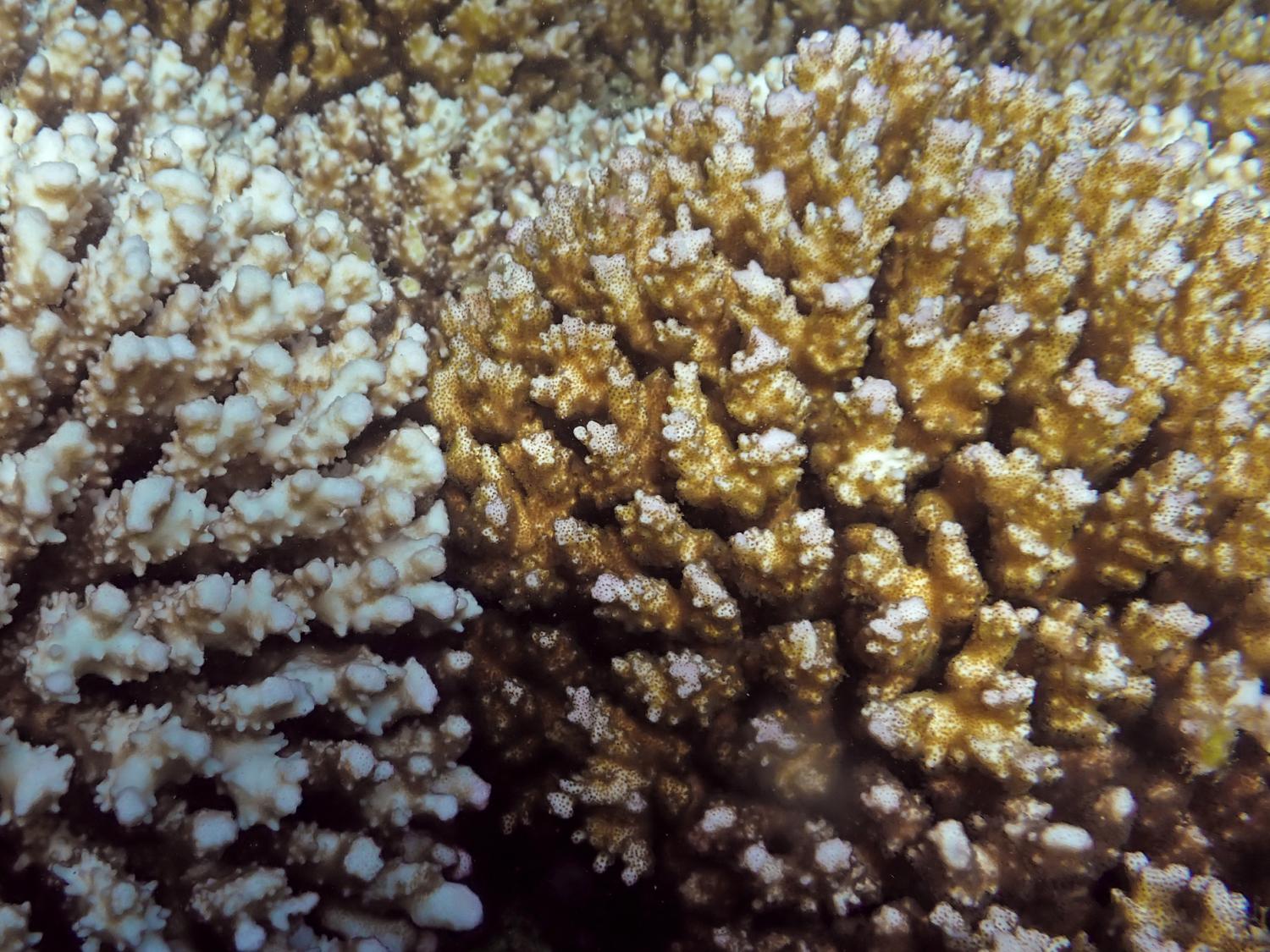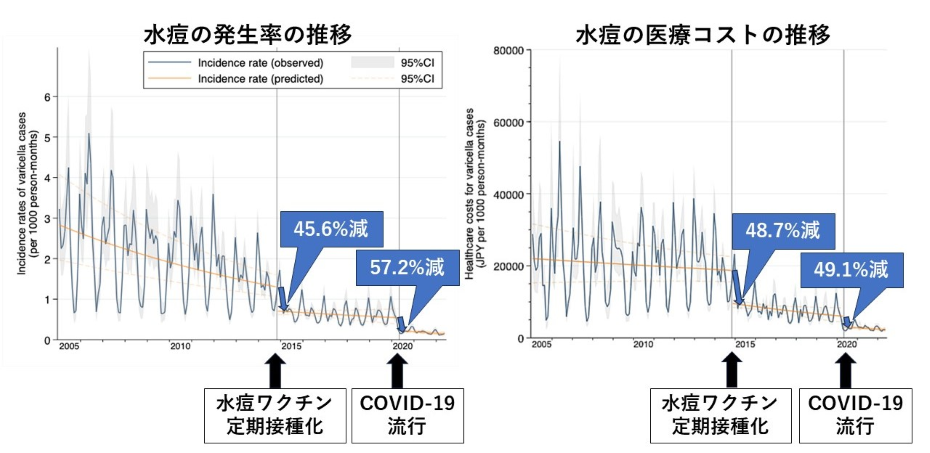2023-07-18 ペンシルベニア州立大学(PennState)
 Corals that associate with D. glynnii (right) are at an advantage during extreme heat events compared to corals that associate with C. latusorum (left). Credit: David A. Paz-García. All Rights Reserved.
Corals that associate with D. glynnii (right) are at an advantage during extreme heat events compared to corals that associate with C. latusorum (left). Credit: David A. Paz-García. All Rights Reserved.
◆これらのパートナーシップは将来のサンゴ礁にとって重要な役割を果たす可能性がありますが、景観は低多様性で生態系の機能が大幅に減少する見込みです。
<関連情報>
- https://www.psu.edu/news/research/story/some-corals-may-survive-climate-change-without-paying-metabolic-price/
- https://royalsocietypublishing.org/doi/10.1098/rspb.2023.1021
熱に強く、宿主に適応した共生体を持つサンゴの高い生理機能 High physiological function for corals with thermally tolerant, host-adapted symbionts
Kira E. Turnham,Matthew D. Aschaffenburg,D. Tye Pettay,David A. Paz-García,Héctor Reyes-Bonilla,Jorge Pinzón,Ellie Timmins,Robin T. Smith,Michael P. McGinley,Mark E. Warner and Todd C. LaJeunesse
Proceedings of the Royal Society B Published:19 July 2023
DOI:https://doi.org/10.1098/rspb.2023.1021
Abstract
The flexibility to associate with more than one symbiont may considerably expand a host’s niche breadth. Coral animals and dinoflagellate micro-algae represent one of the most functionally integrated and widespread mutualisms between two eukaryotic partners. Symbiont identity greatly affects a coral’s ability to cope with extremes in temperature and light. Over its broad distribution across the Eastern Pacific, the ecologically dominant branching coral, Pocillopora grandis, depends on mutualisms with the dinoflagellates Durusdinium glynnii and Cladocopium latusorum. Measurements of skeletal growth, calcification rates, total mass increase, calyx dimensions, reproductive output and response to thermal stress were used to assess the functional performance of these partner combinations. The results show both host–symbiont combinations displayed similar phenotypes; however, significant functional differences emerged when exposed to increased temperatures. Negligible physiological differences in colonies hosting the more thermally tolerant D. glynnii refute the prevailing view that these mutualisms have considerable growth tradeoffs. Well beyond the Eastern Pacific, pocilloporid colonies with D. glynnii are found across the Pacific in warm, environmentally variable, near shore lagoonal habitats. While rising ocean temperatures threaten the persistence of contemporary coral reefs, lessons from the Eastern Pacific indicate that co-evolved thermally tolerant host–symbiont combinations are likely to expand ecologically and spread geographically to dominate reef ecosystems in the future.


